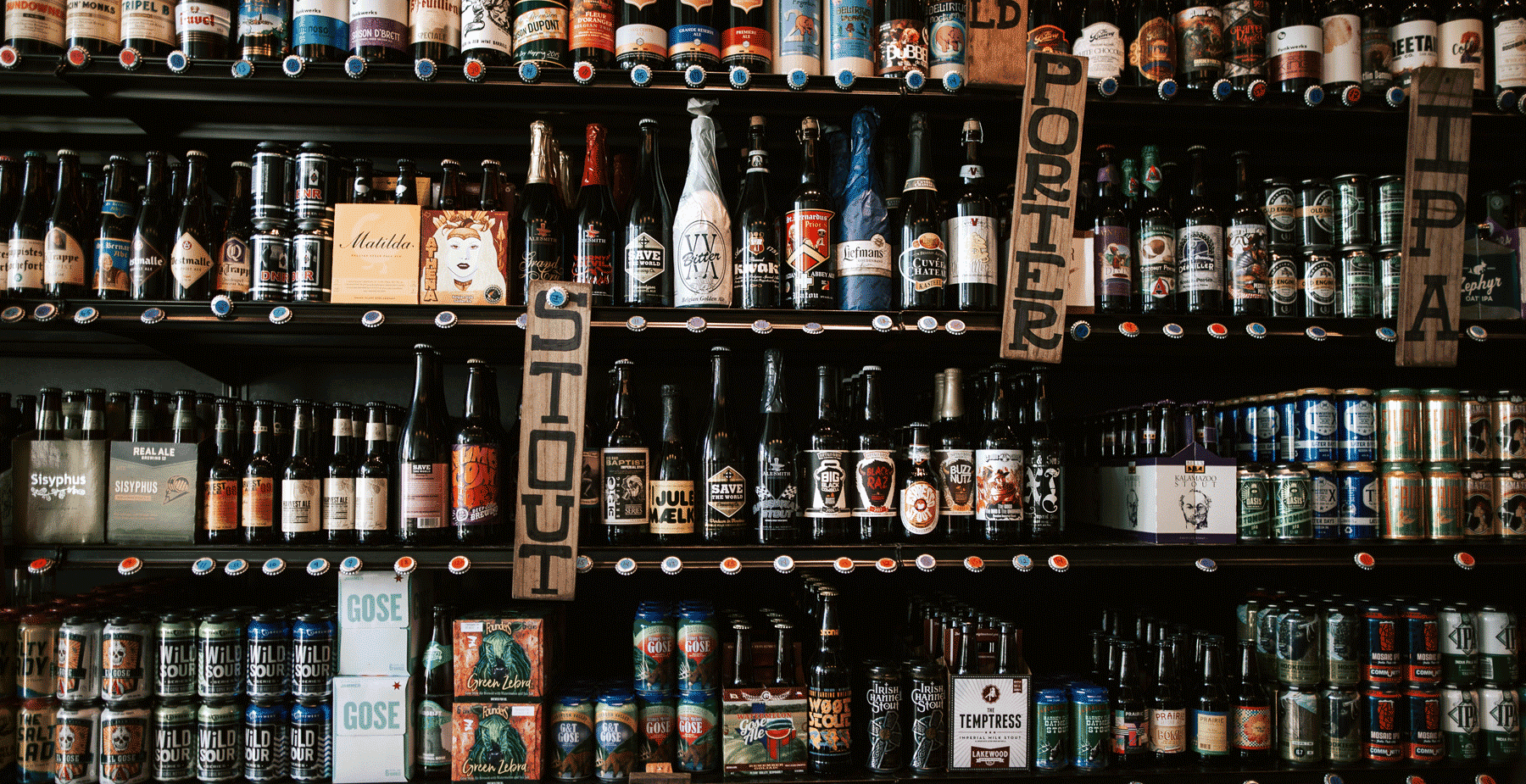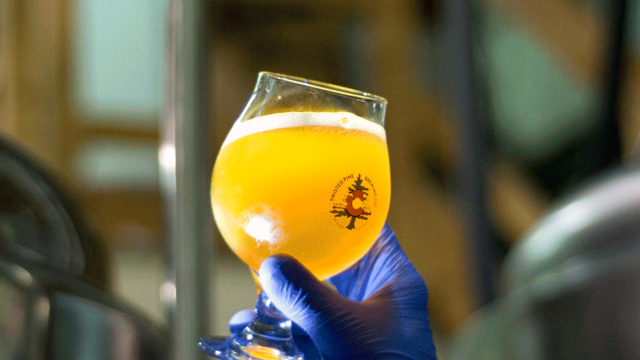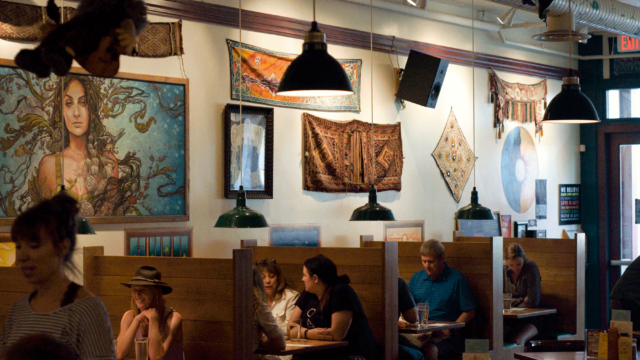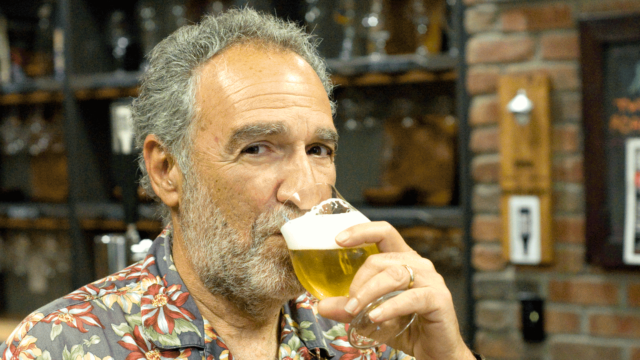You may have noticed that Boulder’s Trader Joe’s does not sell beer, wine or liquor. My wife and I sure did when we first moved here a few years ago.
When I lived in Oakland, it was once my staple beer source: a convenient, low-price place to pick up a periodic six-pack of Anchor Steam while doing the week’s grocery shopping.
That is all changing on January 1, 2019, when a 80-plus-year-old state of Colorado provision blocking grocery stores and other retailers from selling beer, wine and liquor at multiple location ends.
The Colorado General Assembly voted this into existence in 2016, and, this year, eliminated another long-time provision that blocked retailers from selling full-strength beer. Before the latter disappears also on January 1, retailers were only allowed to sell “near beer” (aka “3.2 beer”), beer with a maximum of alcohol by weight of 3.2 percent (or 4 percent alcohol by volume).
So our local Trader Joe’s, King Sooper’s and other grocery stores will soon be able to carry full-strength beer, once the sole province of local liquor stores.
Ramifications
This will have ramifications for the craft beer industry, throughout Colorado and in Boulder of course.
For decades, Boulderites have had to go to local liquor stores such as Hazel’s and Liquor Mart — and an increasing number of brewpubs and taphouses — to buy beer.
These smaller retailers, often with local ownership, could work with smaller craft brewers to distribute and sell their wares.
Retailers with regional or national presences such as Trader Joe’s and Whole Foods have beer and distributor relationships that span the nation (and world), making it difficult for local breweries, especially smaller ones to break in, especially since these outlets need beer at scale.
As the convenience of grocery store beer-buying picks up, largely because of convenience, smaller craft breweries could lose a valuable revenue source.

“Smaller brewers in the state should be concerned,” Brewers Association Chief Economist Bart Watson told me about the January 1 changes.
He also pointed out the results could be a mixed bag for craft brewers — bigger operations could gain big new retail accounts if they can show they can deliver the volume necessary for some of these bigger operators.
Also, beer sales may spike in the short term, as grocery stores enter the market, and liquor stores stay open. In the longer term, liquor stores could be pushed out, or, survive by focusing only on carrying local, smaller craft beer. Time will tell on this.
Some believe it will severely affect Boulder craft brewers.
“Full-strength beers in grocery stores is going to kill the craft beer industry,” Bob Baile, owner of Boulder’s Twisted Pine Brewery, told me.
“We wouldn’t be here today without the local liquor store,” Baile says.

Middle-tier craft brewers
Craft brewers who have some distribution, but not huge scale, such as the big local regionals Avery Brewing Co., will likely feel the most heat, Watson says.
“This may force more brewers to clarify their distribution strategy,” he said. They will either have to ramp up to win some potential larger distribution contracts or cut retail sales altogether and focus on the taphouse, brewpub model.







